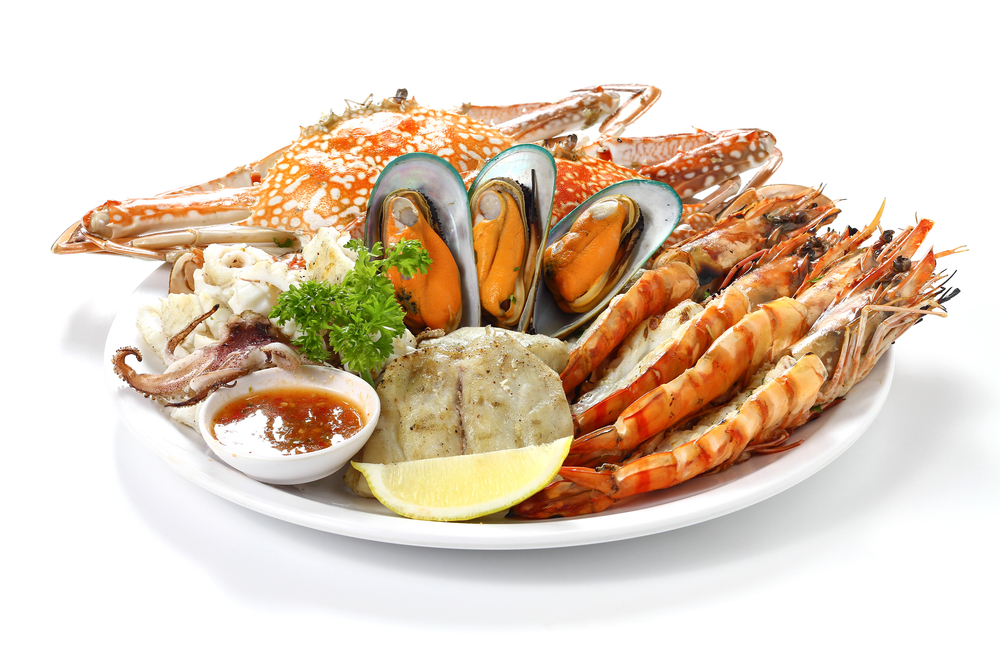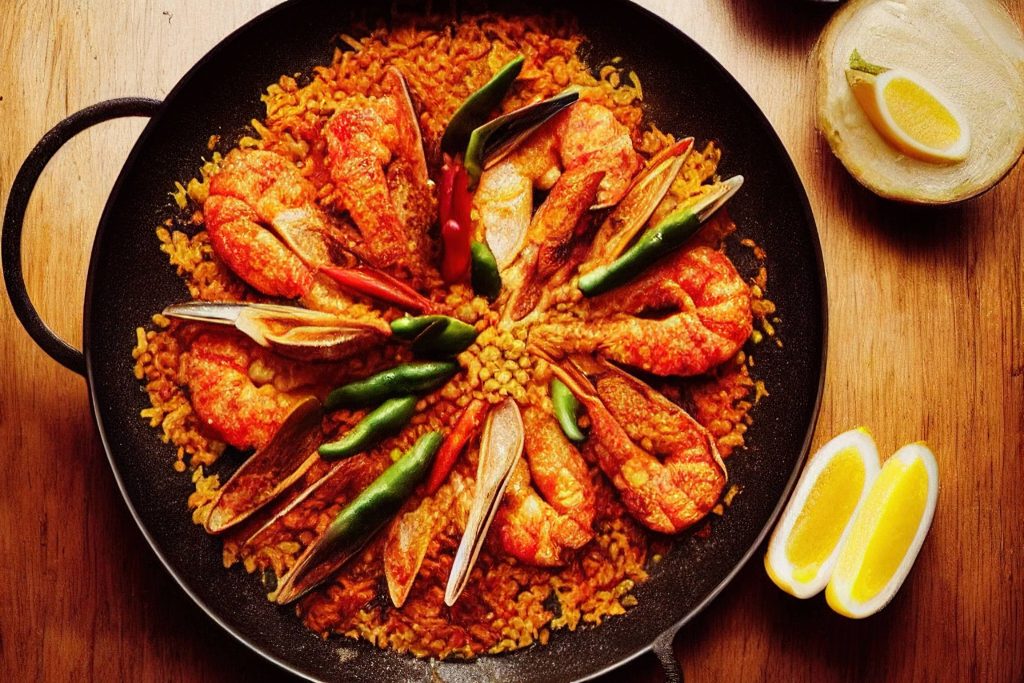The Atlantic diet has become a promising counterpart to the Mediterranean diet, with the main difference being that it is less restrictive, perfect for those looking for a more flexible approach to healthy eating.
Inspired by the traditional eating habits of northwestern Spain and Portugal, the Atlantic diet reflects the Mediterranean diet with an emphasis on local, fresh and minimally processed seasonal foods such as vegetables, fruits, fish, whole grains, nuts, beans and olive oil.
However, it differs from the Mediterranean diet by allowing moderate amounts of meat, pork and starchy vegetables such as potatoes, and focuses on reducing intake of processed foods.
UK-registered nutritional therapist and chef, Lily Keeling of recipe box delivery service Green Chef comments:
“Unlike many diets that focus on restriction, the focus of the Atlantic diet is on balance. Contains a rich variety of nutritious foods such as seafood, lean meats, seasonal vegetables, fruits, whole grains, beans and olive oil to create a satisfying and versatile diet.
He adds, “Its effectiveness is based on promoting a sustainable lifestyle rather than temporary fixes by creating a healthier relationship with food that prioritizes health and pleasure. This approach is not about perfection; it’s about making consistent, conscious choices. Minimizing processed foods while allowing occasional treats without derailing progress.” “
Include seafood regularly
Make seafood a regular part of your diet and aim for at least three to four servings per week. Choose fish such as salmon, trout, herring and mackerel, which are rich in omega-3 fatty acids and offer numerous health benefits.

Seafood is often a key ingredient in traditional dishes from north-western Spain and northern Portugal, and popular dishes such as Portuguese grilled sardines, Basque-style cod stew and Galician-style seafood paella are not only delicious but packed with nutrients.
Adjust your intake of starchy vegetables
Although starchy vegetables such as potatoes are included in the Atlantic diet, try to consume them in moderation. Instead of relying solely on potatoes, add a variety of vegetables to your meals to ensure a varied intake of nutrients.
Although starchy vegetables such as potatoes are included in the Atlantic diet, try to consume them in moderation, preferably limiting your intake to two or fewer servings per week. Instead of relying solely on potatoes, add a variety of non-starchy vegetables to your meals, such as leafy greens (spinach, kale), vegetables such as broccoli, cauliflower, bell peppers, tomatoes, carrots, and zucchini on top of potatoes.
Choose a fresh, seasonal product
Add a variety of fresh seasonal fruits and vegetables to your meals. Choose locally grown options when possible, as they are often fresher and tastier.
For example, in spring enjoy strawberries, asparagus and spinach; in summer enjoy tomatoes, sweet corn and berries; autumn offers pumpkin, apples and kale; in winter Brussels sprouts, carrots and citrus fruits. Use the seasons to your advantage.
Replace the butter with olive oil
Use olive oil as a healthier alternative to butter or margarine when cooking or making salads. Olive oil is a key part of the Atlantic diet, providing heart-healthy monounsaturated fats and antioxidants.
Olive oil is in cooking and is often used in the same way as in the Mediterranean diet. Rather than being the primary cooking fat, it is prized for its flavor and aroma, added at the end to enhance the flavor of grilled seafood, roasted vegetables or crusty bread.
Limit added sugars and processed foods
Minimize consumption of added sugars, sugary drinks and processed foods. Instead, satisfy your sweet tooth with natural sources of sweetness, such as fruit or small portions of dark chocolate.
One of the biggest differences about the Atlantic Diet is its flexibility—it allows for occasional treats without derailing progress, promoting sustainable lifestyle changes rather than strict restrictions. It is important to adopt a compassionate mindset because the key is not perfection, but progress.
For more recipe inspiration that makes eating easier than ever, visit Green Chef weekly.


